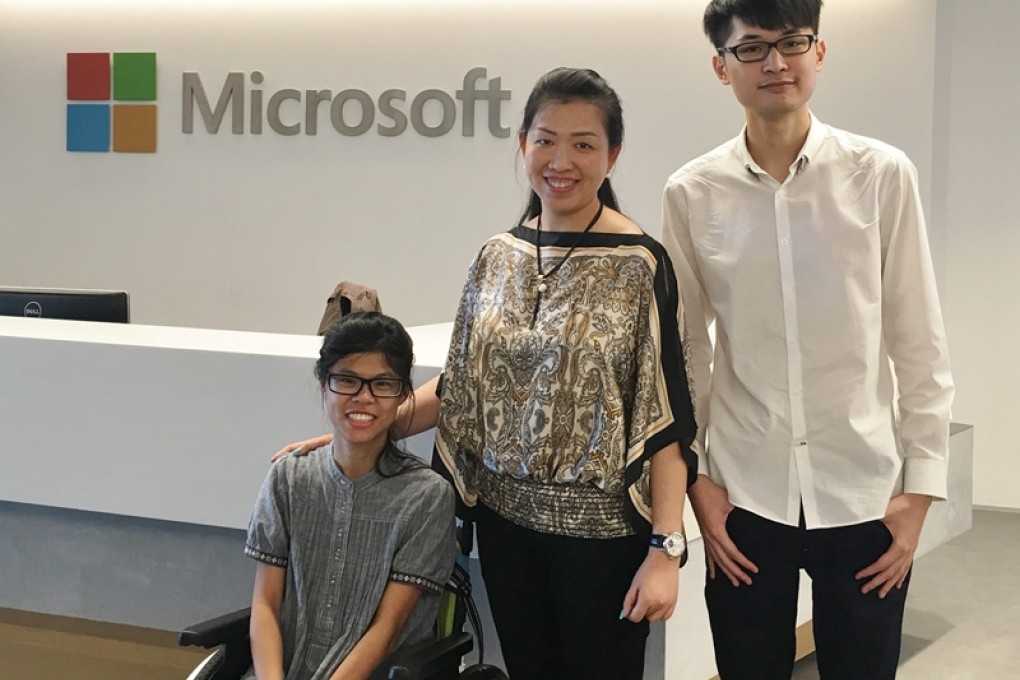Cracking the code
Microsoft initiatives help underprivileged youths learn computer skills while giving them new opprtunities.

Bryan Ng Cheuk-hang, a student at City University of Hong Kong, had his first taste of working in a big corporation thanks to Microsoft’s YouthSpark global initiative, which aims to develop the computer skills of talented youths by giving them access to training they could not otherwise afford.
Following the advice of one of his professors, Ng applied for a YouthSpark training course. This led to an opportunity to work with Infocan, the IT company tasked with running the training. “The work environment was very new to me,” Ng says. “Although I study IT, I had never worked in an IT company before. I got some valuable work experience, learned new skills, and worked on a big project, which was something I was unable to do at school.”
Ng soon realised that he was getting much more out of the experience than just a boost for his CV. He noticed how the continuous learning process allowed him to stay on top of the latest technological developments, and that the skills he was learning increased his confidence.
Ng says the most enjoyable part of training was meeting and learning from his new colleagues, many of whom were students from other schools who shared their experiences with him. “The training helped students polish their communication skills, and showed them how to work in teams,” he adds.
“I learned that one person can’t do everything, and everybody has a role. The training broadened my horizons and expanded my view of the world. I think it will make it a lot easier when I join an IT company in the future,” Ng says.
Microsoft‘s primary aims for the YouthSpark initiative are to help young people find jobs by teaching them important IT skills, and to inspire creativity and innovation. In 2016, Microsoft plans to spend US$75 million in community investment programmes, assisted by 100 NGOs in 55 countries.